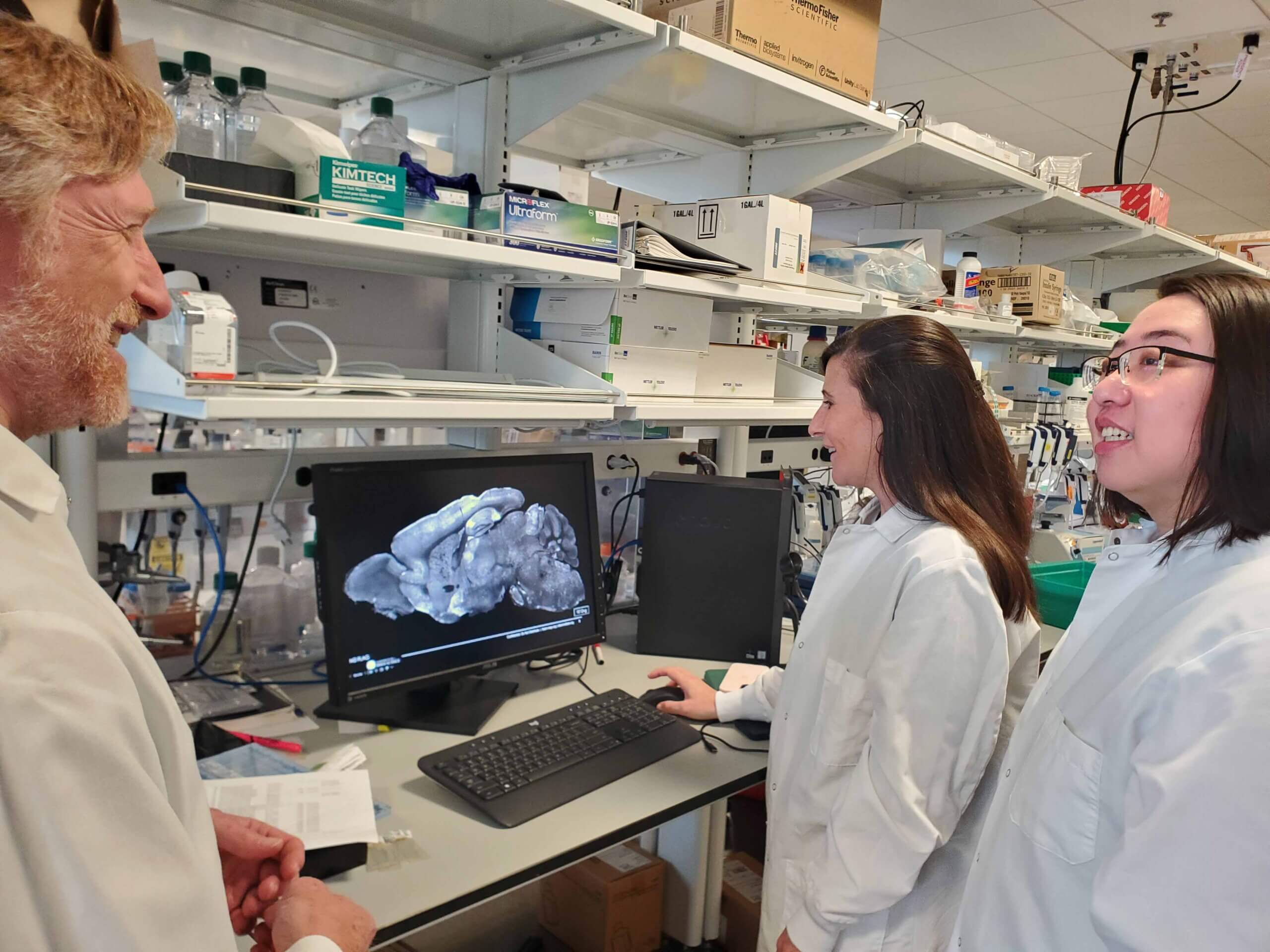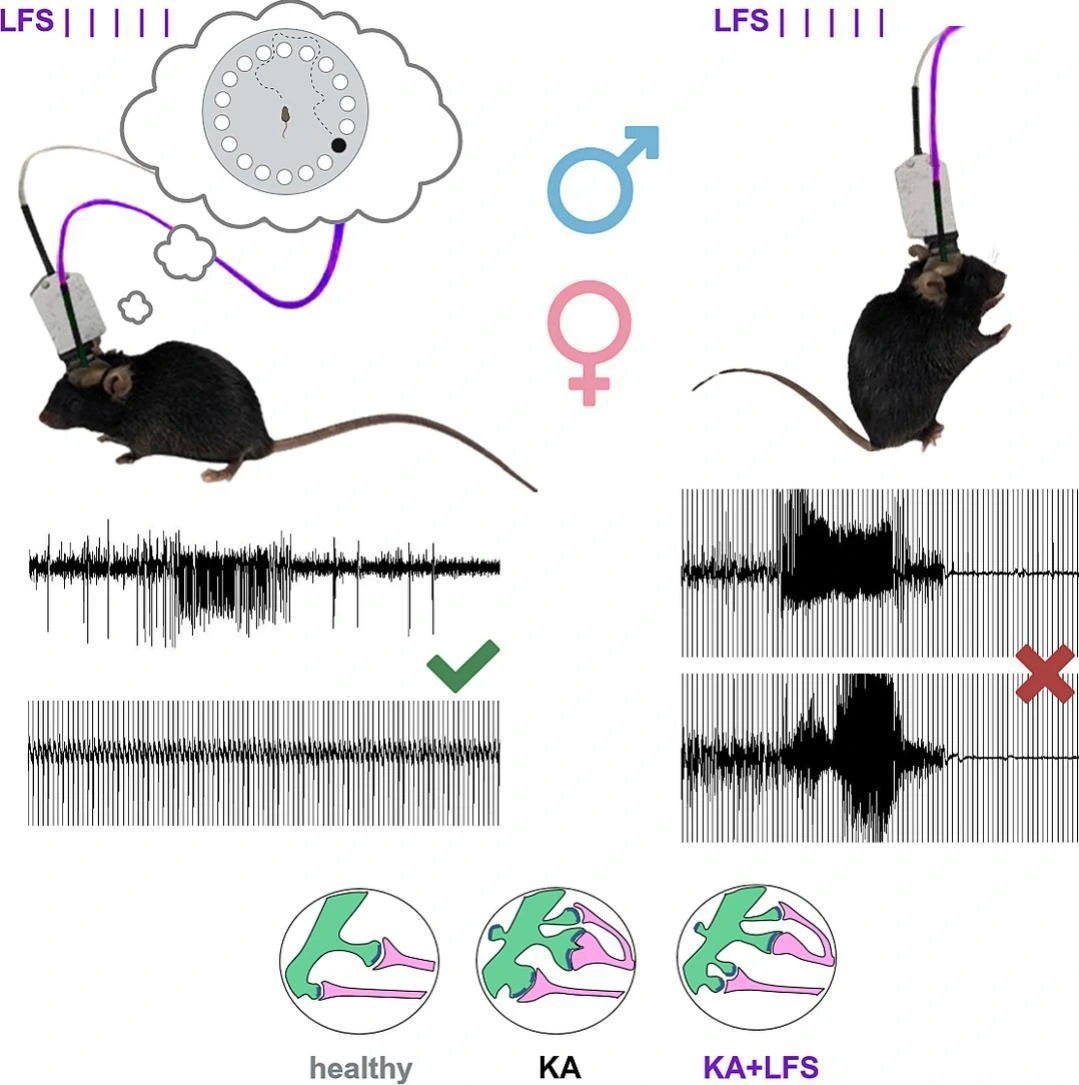From Caraway to Cure: Engineering CBD-like Seizure Treatments Without Cannabis
A team of researchers has co-opted a common kitchen spice to create a new class of cannabidiol (CBD)-like medicines that show powerful seizure-reducing effects, offering a safer, more affordable, and more effective treatment for childhood seizure disorders than existing frontline therapies.
Caraway seeds — a seasoning commonly used in both savory and sweet dishes and also known as meridian fennel — are the key ingredient behind researchers’ method. By altering the shape of the seeds’ main chemical component, the scientists were able to enhance the most favorable therapeutic properties of CBD and create a library of CBD-like medicines that are free of THC (the psychoactive compound in cannabis). Preclinical trials showed that the caraway-derived therapies packed a greater punch in stopping seizures — and did so without the adverse brain effects known to occur with long-term use of benzodiazepines, the class of anticonvulsant drugs most popularly prescribed for treating developmental epilepsy syndromes.
While the CBD-like caraway molecules show very strong preclinical efficacy, the scientists say their groundwork is only the beginning. Continued research will be critical to advancing these findings toward future human trials and, ultimately, regulatory approval.
In the meantime, snacking away at caraway in hopes of absorbing the seizure-busting benefits won’t help: “Caraway seeds don’t contain CBD. They just contain the scaffold to create it,” said study co-author Adriana Carrillo. Carrillo, along with her fellow student and faculty researchers, remains hard at work in the lab, excited about the possibilities of this new approach.








